2-Day Certification Course on Grief Counseling for Children & Adolescents – Erica Sirrine (Digital Seminar)
Description:
Grief looks different in a child.
When a child loses someone, it’s a lifelong loss. Not only have they lost someone important, they often become isolated in their pain, confusion, and self-blame. Safety and security have been replaced by trauma and anxiety.
Their understanding of death, and responses to the grief that follows, are largely influenced by their developmental level, making their treatment much different from that of an adult.
Many clinicians are unprepared…a child’s unique grief leaving them struggling in session.
This live webinar featuring grief expert, author, and speaker Erica H. Sirrine, Ph.D., LCSW, FT provides you with the assessment and treatment strategies you need to help your most vulnerable clients.
Watch Dr. Sirrine and discover how you can:
- Better evaluate for developmentally appropriate grief symptomology
- Provide anticipatory grief support to children facing the death of a parent
- Talk to kids about death and tough topics like suicide
- Match strategies and interventions to developmental level for improved outcomes
- Use therapeutic games, arts and activities to promote healing when talking is too difficult
Best of all, upon completion of this live training, you’ll be eligible to become a Certified Child & Adolescent Grief Counseling Specialist (CGCS-CA) through Evergreen Certifications. Certification lets colleagues, employers, and caregivers know that you’ve invested the extra time and effort necessary to understand the complexities of grief counselling with today’s youth. Professional standards apply.
Don’t miss this opportunity to get the skills you need to make a difference for your young clients.
Purchase today!
Outline:
Critical Concepts for Treating Grieving Children & Adolescents
- Grief vs. mourning: A distinction
- Primary and secondary losses
- Parental and sibling loss
- Non-death losses experienced by kids
- Traditional grief models & kids
- Cognitive components of understanding grief in childhood
- Grief concepts & loss responses by developmental age and stage (using case examples)
- Distinctions between adult and youth responses to loss
- Explaining sensitive topics like suicide or homicide death to kids
- Magical thinking, guilt, and regret in childhood loss
Assessment of Grief & Loss in Children & Adolescents
- How children and adolescents understand and cope with death
- Six common questions following a death
- “Things we want adults to know about our grief”
- “De-code” the meanings of behaviors
- Factors that influence mourning and healing in kids
- Red flag behaviors
- Ethical considerations for working with kids
Normal vs. Abnormal Responses to Loss in Children and Adolescents
- Depression vs. bereavement: A DSM-5 distinction
- Differentiating between normal, complicated, prolonged, and traumatic grief in children
Traumatic Grief in Children & Adolescents
- Trauma exposure and traumatic loss
- Assessing traumatic grief
- Differentiating from normal bereavement
- Post-traumatic stress disorder
- Evidence-based interventions for treating traumatic grief
The Role of Attachment in Childhood Grief
- The role of the pre-death relationship
- Factors that influence continuing bonds
- Assessment and expression of child and adolescent continuing bonds after death
- Adaptive vs. maladaptive continuing bonds
- Grief Cave Intervention
Anticipatory Grief Counseling
- Talking to kids about terminal illness and death: Do’s and Don’ts
- Anticipatory grief interventions
- Explaining cancer to kids
- Explaining the dying process to kids
- Strategies to prepare kids for funerals & memorial services
- Strategies to prepare children to return to school after a death
Individual Interventions to Help Children Reconcile Losses & Discover Hope
- Bibliotherapy and journaling
- Therapeutic games and play
- Expressive arts interventions
- Poetry, writing, and music interventions
- Memorialization Rituals- Holidays and Significant Dates
School-Based and Group Interventions
- Factors for assessing and counseling kids and teens at schools
- Strategies for building rapport
- 6-week support group session outline
- Grief Camps
- Family Camps
- “Pamper Days”
NLP online course
So what is NLP?
NLP stands for Neuro-Linguistic Programming. Neuro refers to your neurology;
Linguistic refers to language; programming refers to how that neural language functions.
In other words, learning NLP is like learning the language of your own mind!
NLP is the study of excellent communication–both with yourself, and with others.
It was developed by modeling excellent communicators and therapists who got results with their clients.
NLP is a set of tools and techniques, but it is so much more than that.
It is an attitude and a methodology of knowing how to achieve your goals and get results
Preview Information:
Original Page
Archive Page
More Course: NLP – HYPNOSIS – PHILOSOPHY
Outstanding Course:Monroe Institute (Hemi-Sync) – Do This Now


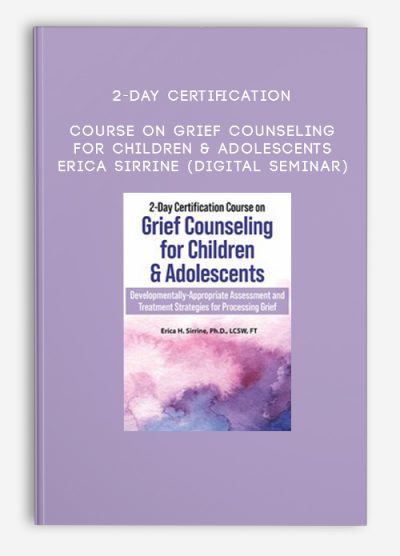
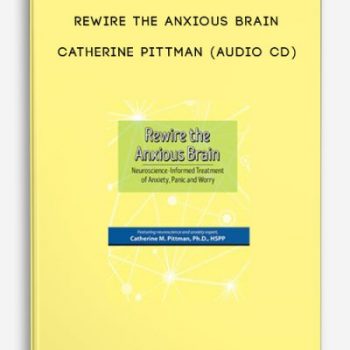
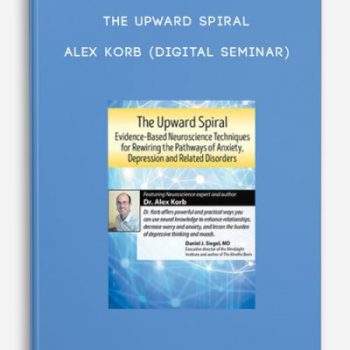
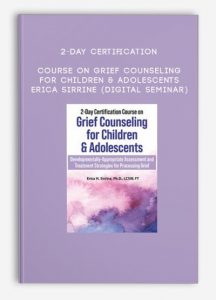
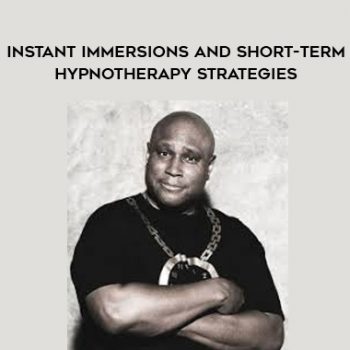


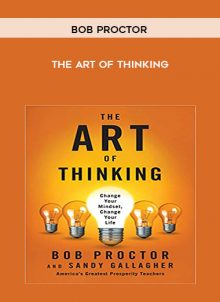

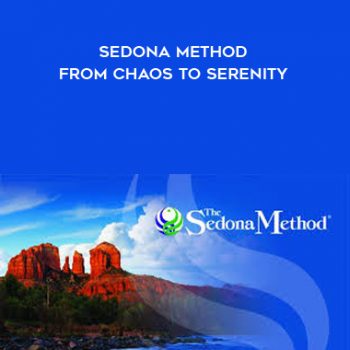
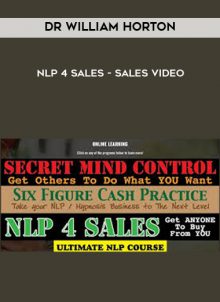
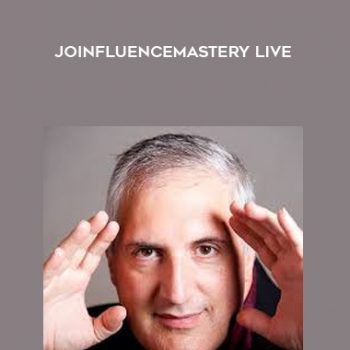
Lord –
This is Digital Download service, the course is available at Vincourse.com and Email download delivery.